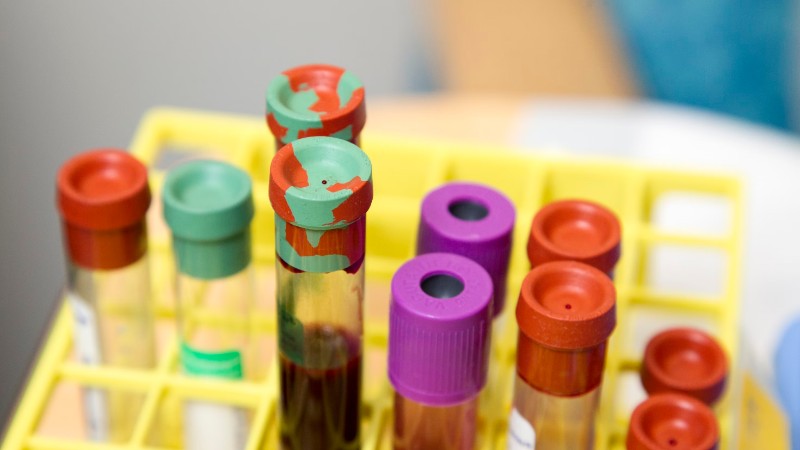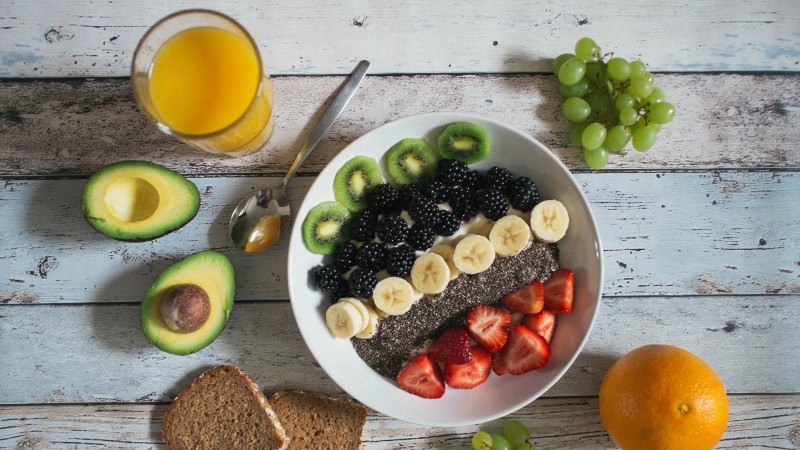Aging affects everyone differently. Whether you’re a grandparent chasing after little ones or someone chasing career milestones, how quickly or slowly you age is influenced by various lifestyle choices and circumstances.
One way to quantify how your body is aging is through a biological age test, which may not match the number of birthdays you’ve had (chronological age). It’s essential to understand how a biological age test, particularly a blood test, can offer valuable insights into your overall health and guide lifestyle adjustments for a healthier future.
Understanding biological age
Biological age refers to the condition of our bodies in terms of how quickly we are aging compared to our actual age in years. This metric considers more than just the number of birthdays we’ve celebrated, it looks at how well our cells, tissues, and organs are functioning. Factors like genetics, daily habits, and the environment we live in all contribute to this assessment.
Understanding your biological age can motivate you to make healthier lifestyle choices. Knowing that you are biologically older than your actual age can encourage you to take proactive steps to lower your risk of age-related diseases. Blood-based biological age tests offer detailed insights into what’s happening inside your body, allowing you to focus on areas where improvements can lead to a longer and healthier life.
The science behind biological age testing
There are several types of biological age tests available today, each focusing on different aspects of your health. Some tests, like DNA methylation, assess how your genes are being expressed, while others look at telomere length or various biomarkers like inflammation and metabolic function. These tests give you a snapshot of your body’s “true age,” allowing you to see how your lifestyle and genetics are affecting your aging process.
Biological age tests rely on biomarkers, specific biological indicators that reveal how well your body’s cells are functioning. These can include inflammation levels, hormone balance, and the health of your mitochondria (the powerhouses of your cells). The results from these tests provide valuable insights into areas of your health that might need improvement.
Factors that influence your rate of aging
Several factors, including genetics, lifestyle choices, and environmental influences, shape biological age. Engaging in healthy habits—like maintaining a balanced diet, staying physically active, managing stress, and ensuring adequate sleep—can significantly slow biological aging. In contrast, behaviors such as smoking, excessive alcohol consumption, a poor diet, and chronic stress can accelerate the aging process.
Mental health also plays a crucial role in how your body ages. Stress and anxiety, for instance, can lead to chronic inflammation, which accelerates aging at the cellular level. By addressing mental health concerns and practicing mindfulness, you can help slow down your biological aging process.
Real-life benefits of biological age testing
Many people have experienced life-changing health improvements by learning their biological age and taking action. For example, individuals who discovered they had an older biological age than expected often found that by adjusting their diet, increasing physical activity, and managing stress, they could significantly lower their biological age over time.
These success stories demonstrate the practical value of biological age testing. They show that understanding your biological age can lead to more targeted and effective health strategies. Regular monitoring and periodic testing allow you to track your progress, make adjustments, and stay motivated on your path to better health.
Your biological age offers a deeper, more accurate understanding of how your body is aging compared to your chronological age. By taking a biological age test, you can make informed decisions about your lifestyle and start optimizing your health today. Whether your goal is to slow down the aging process or improve your overall well-being, knowing your biological age is the first step toward a healthier, more vibrant future.















